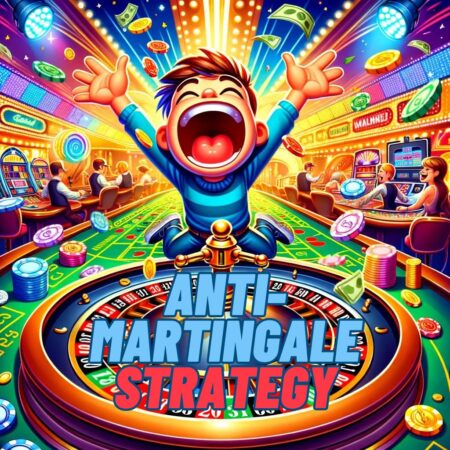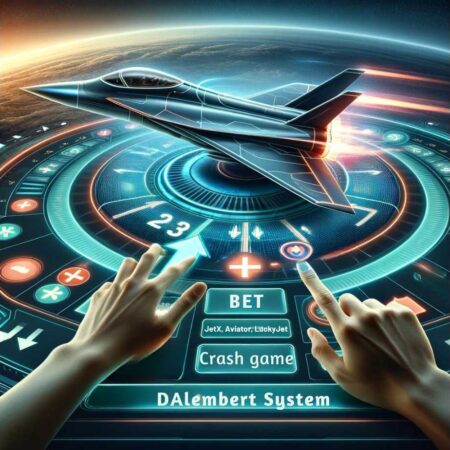The Critical Role of Strategy in Games
In the vast and varied world of games, from board games and card games to video games and sports, strategy plays a pivotal role. It’s the backbone that not only dictates the flow of play but also significantly influences the outcome. This article delves into the importance of strategy in games, shedding light on how it shapes experiences, outcomes, and the development of critical skills among players.
Enhancing Decision-Making and Problem-Solving Skills
Strategy in games requires players to think ahead, plan their moves, and anticipate their opponent’s actions. This constant need for analysis and adaptation fosters sharp decision-making and problem-solving skills. By evaluating various scenarios and outcomes, players learn to make informed decisions, a skill that transcends the game and applies to real-life situations.
Promoting Patience and Long-Term Planning
Strategic games often unfold over extended periods, teaching players the value of patience and the importance of long-term planning. Success in these games is rarely about luck; it’s about crafting a plan and adjusting it as the game progresses. This approach encourages players to look beyond immediate gratification and develop strategies that yield benefits in the long run.
Encouraging Adaptability and Flexibility
No game plan is foolproof. Opponents’ strategies, unexpected developments, and even elements of chance can disrupt the best-laid plans. Strategy in games teaches players to be adaptable and flexible, adjusting their tactics in response to new challenges. This resilience is crucial both in and out of game scenarios, equipping players to handle unforeseen changes in various aspects of life.
Fostering Competitive Spirit and Teamwork
In multiplayer and team-based games, strategy is essential for fostering a competitive spirit and encouraging teamwork. Players learn to communicate, collaborate, and coordinate their actions to achieve a common goal. This aspect of game strategy highlights the importance of working together, leveraging individual strengths, and supporting one another in pursuit of victory.
Enhancing Understanding of Opponents
Effective strategy requires an understanding of one’s opponents, including their tendencies, strengths, and weaknesses. This deep level of engagement promotes empathy and perspective-taking, as players must think like their opponents to predict and counter their moves. Such insights are invaluable, enhancing interpersonal skills and the ability to navigate complex social interactions.
Providing a Sense of Achievement and Fulfillment
The implementation of a successful strategy brings a deep sense of achievement and fulfillment. Overcoming challenges, outsmarting opponents, and ultimately winning the game through strategic prowess provide a satisfying experience that goes beyond mere entertainment. It’s a testament to the player’s skill, creativity, and intellectual engagement.
























